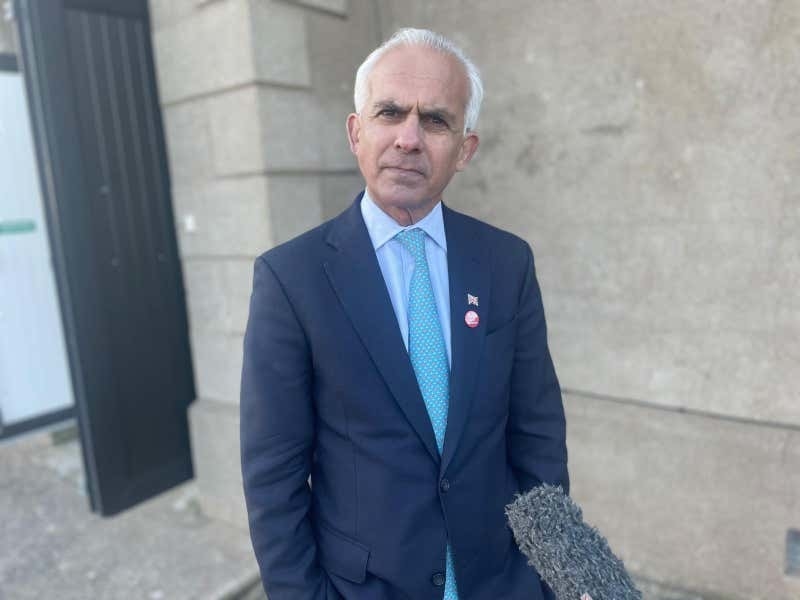The move comes amid growing international pressure for jurisdictions to be more transparent following accusations of secrecy, alleged to have enabled the hiding of funds generated from money laundering and for the funding of terrorism.
In a joint statement issued this morning, Jersey, Guernsey and the Isle of Man announced that they intend to bring public company registry legislation to their respective parliaments within 12 months of the EU publishing a review in 2022 outlining how their members states have created their own public registers.
The member states are required to do so under the terms of the EU’s fifth money laundering directive.
This would mean the details of individuals who own assets through corporate structures would become open to inspection by anyone, including journalists, non-governmental organisations and members of the public.
In a bid to demonstrate their commitment to combatting international money laundering and act as a ‘good neighbour’, the Crown Dependencies have announced a series of steps they will be taking as the EU drives forward with the directive, including potentially making their registers fully transparent within a few years.
During the last two years the Crown Dependencies – Jersey, Guernsey and the Isle of Man – have faced pressure to introduce transparent registers from the UK parliament, with MPs Andrew Mitchell and Dame Margaret Hodge lodging bill amendments trying to force the measure on the islands.
The islands have protested at the attempts, which were eventually withdrawn, claiming that they were unconstitutional because each island has its own autonomous parliament.
The move would present a risk to the Island’s financial sector, whose clients generally value confidential business arrangements.
Speaking to the JEP on Tuesday, External Relations Minister Ian Gorst said that the actions of UK MPs had been ‘unnecessary, superfluous and unconstitutional’.
The Senator said that Jersey had been working with EU officials on the Island’s own commitments to the fifth money laundering directive as it wished to act as a ‘good neighbour’.
He added that doing so had helped the Island avoid being added to the Code of Conduct on Business Taxation’s blacklist of uncooperative tax jurisdictions.
‘Ultimately this will be a States decision. The position we have taken is to meet international and regional standards,’ he said, speaking about the move to introduce a public register in Jersey.
‘Under the fifth directive all – probably by then – 27 member states will be required to have public registers. Some of them will have issues with achieving that.’
The minister said that there could be some carve-outs to provide privacy for certain individuals such as children or individuals at risk of kidnapping, while private wealth clients would be the most concerned by the introduction of a public register.
The joint statement announced the following three steps towards ‘developing international standards of accessibility and transparency’ in relation to the Crown Dependencies’ company registers in the coming years:
- Electronically connecting of the islands’ registers with those in the EU for access by law enforcement authorities and financial intelligence units.
- Providing register access for financial services businesses and other ‘prescribed businesses’ to help ensure compliance with regulations.
- Eventual full public access to registers in alignment with the ‘approach taken in the EU Directive’.
Senator Gorst said: ‘Jersey is proud to be among global leaders in matters of tax cooperation, transparency and in combatting money laundering and countering the financing of terrorism.
‘The commitments we are announcing today, alongside Guernsey and the Isle of Man, will help to ensure that this leadership role is maintained, while taking into account the standards being developed within Europe.
‘We hope to encourage other jurisdictions to raise their own standards, particularly in relation to the verification of data and the regulation of the financial services sector.’






